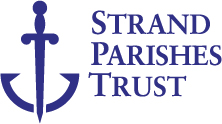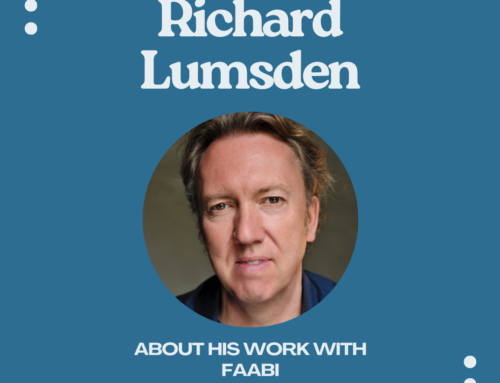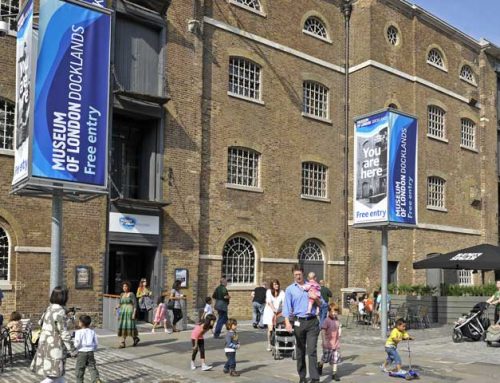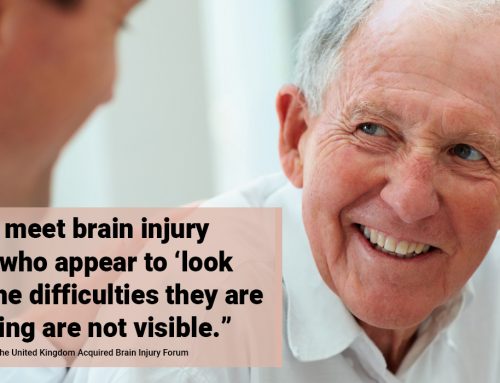Tai Chi With FAABI
An acquired brain injury (ABI) can drastically change someone’s life. An adult with an ABI’s mental and physical wellbeing can be affected as it can be deemed difficult to accept the consequences of the injury. However, through the support of loved ones and education, adults who have an acquired brain injury can slowly learn to manage any changes that have occurred. With the interest in helping to support our beneficiaries, we have launched a Tai Chi project to challenge the change in self-esteem and confidence our ABI client’s experience. Through vigorous research, researchers have concluded the massive impact Tai Chi has on individuals post brain injury.

Firstly, going to the gym can be an obvious option to maintain overall health, but it does not always fit with individuals with an acquired brain injury. We must understand that as a result of having an acquired brain injury, most of our beneficiaries experience changes within their body, such as feeling fatigued more rapidly. Research suggests that Tai Chi puts less strain on the body, which can be very effective for those with reduced mobility. An introduction to Tai Chi sessions will give adults with an ABI the opportunity to improve physically, cognitively & psychologically through understanding the important components: concentration, relaxation, mind exercises, breathing exercises, body posture and movement. These highlight the importance of incorporating sessions specific to adults who have an ABI. As a result, Tai Chi will become a vital factor in our beneficiaries’ journey towards integrating with the community.

“Where the mind goes, the energy flows”. This regular practise shall integrate the mind with the body, helping individuals to develop a greater sense of confidence and language of the body which will support our beneficiaries when they are to face the challenges of everyday life.
Additionally, the complex consequences of an ABI can also mean that survivors can struggle with mental ill-health. However, the social and relaxing aspect of Tai Chi allows people to improve this area by enhancing their overall psychological wellbeing as it encourages a boost in moods. In addition to the improvement in their mental health, an adult with an ABI can also improve physically. This is because Tai Chi is known to improve muscle strength, balance and flexibility. There are endless benefits Tai Chi can provide, and these are just a small spectacle of what Tai Chi can do to support adults who have an ABI.
Tai Chi will be performed in a relaxed and non-judgemental environment among peers and will create a sense of strength and empowerment among those who have sustained an ABI. Such an environment can enable people to build strong relationships with those who have also experienced a similar journey. Sharing an experience with peers will ensure positive outcomes, trusting that they will have the confidence to take steps further into their recovery. In our pilot project, we’ve found that more than half of our beneficiaries felt comfortable in getting involved and learning the exercises, which in turn boosts their motivation in achieving their goals in the long run.
In conclusion, the introduction of Tai Chi will give adults with an ABI the chance to improve their mental and psychical wellbeing. We will assure this through the accompaniment of a relaxed environment that is filled with like-minded people. We are hoping that Tai Chi will bring in the positive energy to change the “cant’s” into “cans”.
fAABI’s Tai Chi sessions wouldn’t be possible without the support from our funders:








